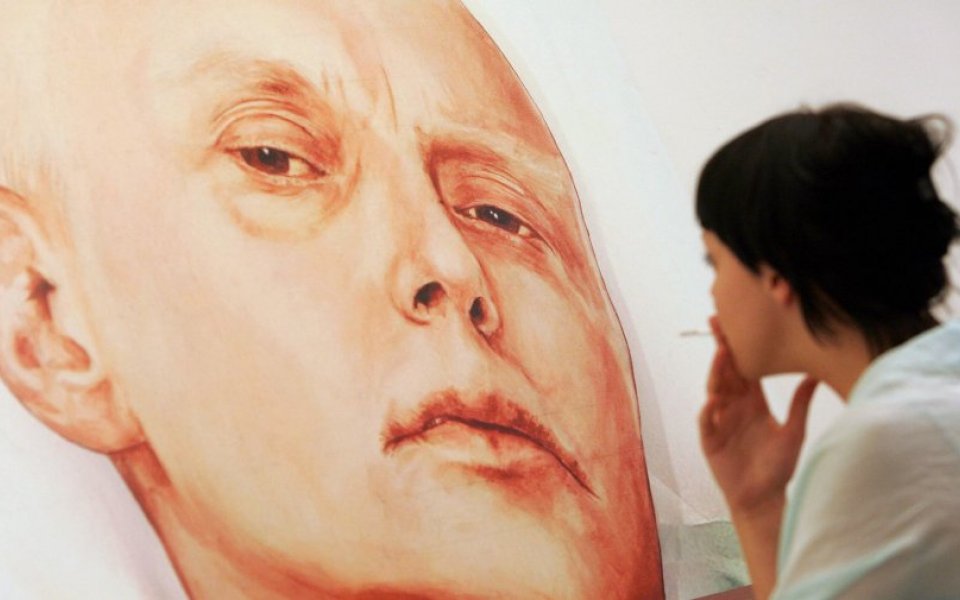Alexander Litvinenko death inquiry report finds Vladimir Putin and FSB boss Patrushev “probably” approved his murder

The killing of Alexander Litvinenko was "probably" approved by Russian President Vladimir Putin and former director of Russian FSB, a report published this morning has claimed.
The report, by UK judge Sir Robert Owen, found that Andrei Lugovoy and Dmitry Kovtun, who have previously denied killing him, were behind the man's death.
But Owen said he was "sure" they were both "acting on behalf of others when they poisoned Mr Litvinenko".
The report said: "When Mr Lugovoy poisoned Mr Litvinenko, it is probable that he did do under the direction of the FSB. I would add that I regard it as a strong probability. I have found that Mr Kovtun also took part in the poisoning. I conclude therefore that he was also acting under FSB direction, possibly indirectly through Mr Lugovoy, but probably to his knowledge.
"The FSB operation to kill Mr Litvinenko was probably approved by [former FSB director Nikolai] Patrushev and also by President Putin."
The operation to kill the man was launched as much as two years before it was carried out, the report added.
This opens up the possibility tof the UK imposing far greater sanctions on Russia and potentially even Putin himself – although the Foreign Office has until now urged restraint in the matter.
So far no decisions have been taken on that front, but home secretary Theresa May confirmed that the Treasury had frozen the suspects' assets.
Litvinenko died in November 2006 after drinking a cup of green tea laced with radioactive polonium. At the time of his death he was a British citizen – and part-time MI6 spy. He was also a former KGB agent.
He was openly critical of Russian President Vladimir Putin, having accused him of having ordered the murder of journalist Anna Politkovskaya in 2006.
Litvinenko's widow Marina said today she was “very pleased that the words my husband spoke on his deathbed when he accused Mr Putin have been proved by an English court.”
Speaking outside the High Court in London this morning, she added: “I’m also calling for the imposing of targeted economic sanctions and travel bans against named individuals … including Mr Putin.
"I received a letter last night from the home secretary [Theresa May] promising action. It [suggested] that the Prime Minister would do nothing in the face of the damaging findings of Sir Robert Owen.”
The Liberal Democrats have since backed her stance.
Leader Tim Farron said: “A UK citizen was killed on the streets of London with polonium. It was an attack on the heart of Britain, our values and our society.
“I call for EU travel bans, asset freezes and coordinated action to deal with those who committed this evil assassination. I have called for a new Magnitsky Law to make sure that these people are held to account for what they did.
“These assassins trampled over British sovereignty and we cannot let this go unanswered.”
So far Russia has rejected the findings, according to Interfax.
Lugovoy has said the charges are "nonsense" and a "pathetic attempt" to use "skeletons in the closet" for the gain of London's political ambitions.
A source is quoted as saying the Kremlin will not turn him or Kovtun over to the UK, or prosecute them.
Meanwhile, the Metropolitan Police Service said it was "a cold and calculated murder that caused immense suffering to Alexander and his family and one that had no regard for the safety of the public in London".
There are outstanding warrants for Lugovoy and Kovtun, who remain wanted for this murder. "Our objective will always be to put them before a criminal court," the Met said.
Commander Ball, who has led the investigation, said: "It is important to remember that behind the significant global interest in this case, this remains an investigation into the murder of a man on the streets of London. Marina and Anatoly Litvinenko have shown immense courage and dignity since Alexander's death and with them, we remain committed to bringing those responsible to justice.
"This has been a painstaking and meticulous enquiry over a number of years that has brought unprecedented challenges requiring an innovative and groundbreaking investigation.
"I would like to pay tribute to the investigation team who have worked tirelessly to discover the circumstances surrounding Alexander Litvinenko's death and the identity of those responsible. Without their efforts, this murder and the use of Polonium 210 as a weapon would have gone undetected and the public left at greater risk.
"This remains an ongoing investigation and I am unable to comment on the evidence or say anything further at this time."